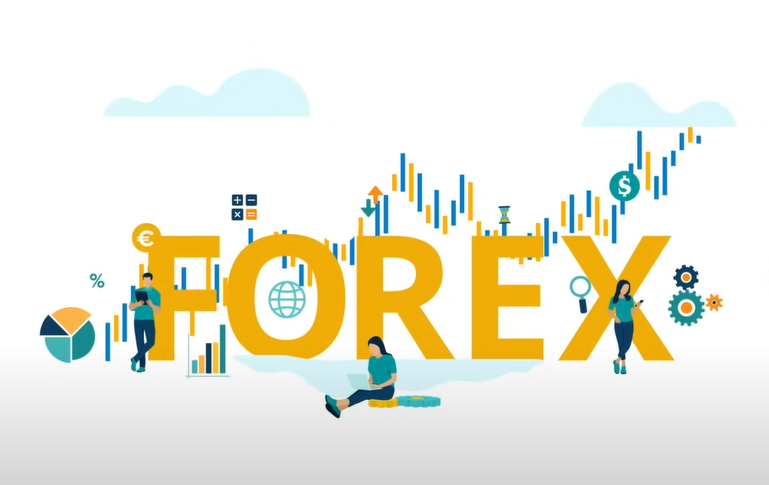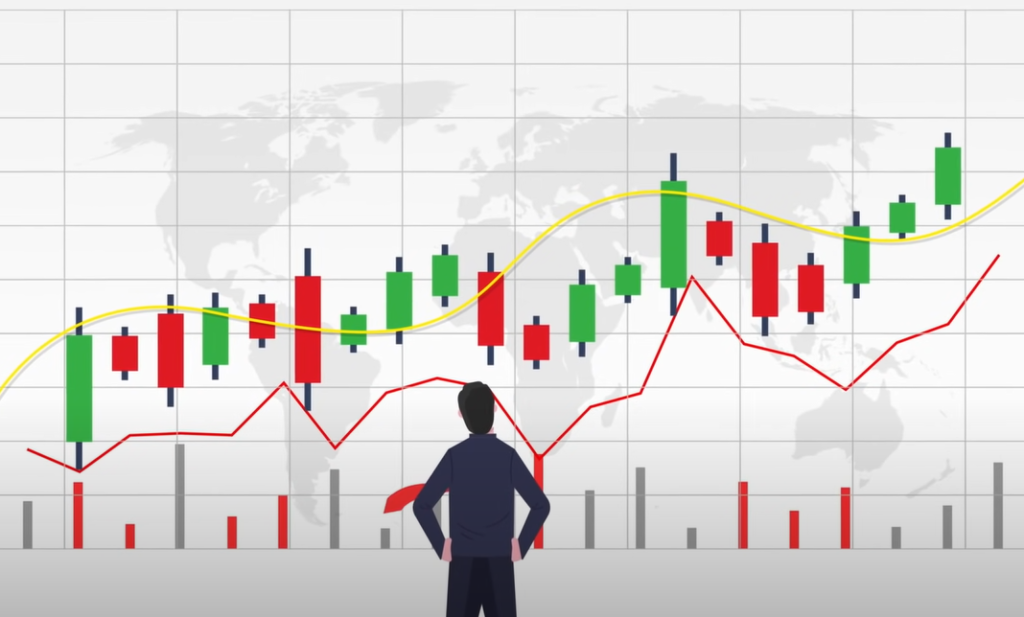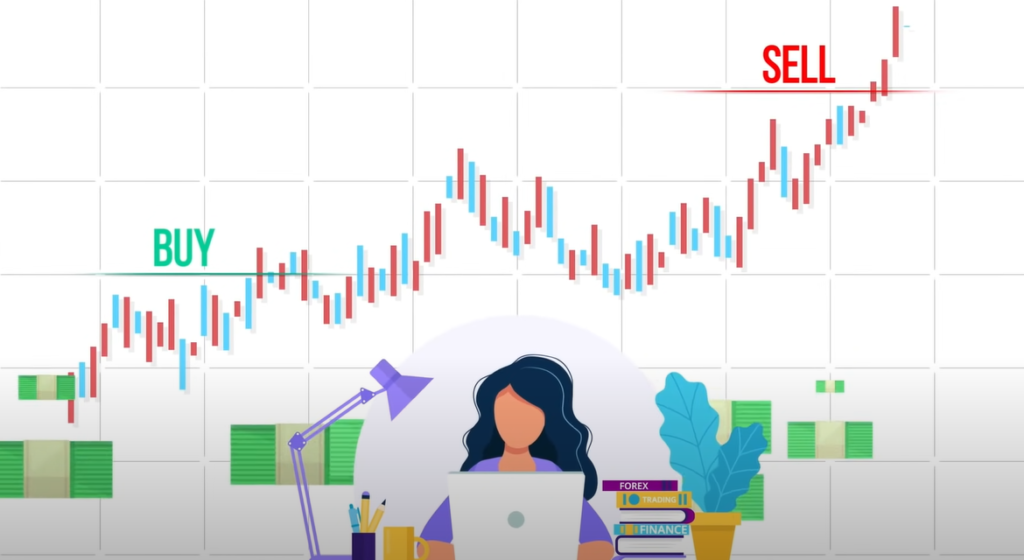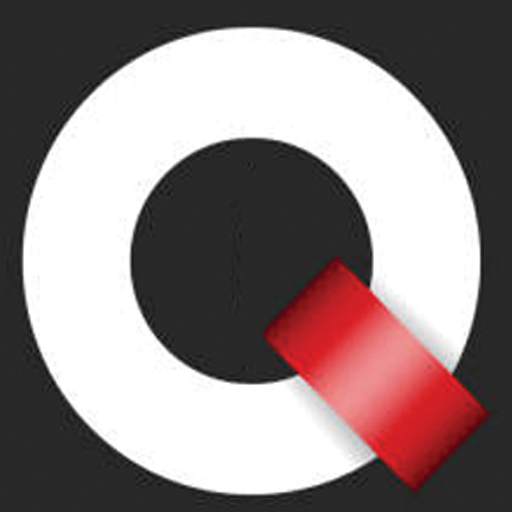Forex
What Is Foreign Exchange (Forex)?
Trading one currency for another is known as foreign exchange (forex or FX). One can exchange the US dollar for the euro, for instance. The foreign exchange market, commonly referred to as the forex market, is where foreign exchange transactions can be made.
With trillions of dollars transacting hands every day, the currency market is the largest and most liquid market in the entire globe. There isn’t any single spot. Instead, the forex market is a network of institutions, banks, brokers, and individual traders that operates electronically (mostly trading through brokers or banks).

Understanding Foreign Exchange
Most currencies have a value, often called an exchange rate, that is determined by the market. Simply exchanging one currency for another at a nearby bank can satisfy your foreign exchange needs. Additionally, it might entail exchanging money on the foreign exchange market. An investor might wager, for instance, that a central bank will loosen or tighten monetary policy and that one currency will strengthen relative to another.
Currencies are listed in pairs when they are traded, such as USD/CAD, EUR/USD, or USD/JPY. These show the exchange rates between the US dollar (USD) and the Canadian dollar (CAD), the euro (EUR) and the USD, and the US dollar (USD) and the Japanese yen (JPY) .
Each pair will also have a price, such as 1.2669, attached to it. If this price relates to the USD/CAD pair, then 1.2569 CAD is needed to purchase one USD. If the price rises to 1.3336, one USD will now cost 1.3336 CAD. Because it now costs more CAD to buy one USD, the USD has gained in value (while CAD has decreased). Most currencies have a value, often called an exchange rate, that is determined by the market. Simply exchanging one currency for another at a nearby bank can satisfy your foreign exchange needs. Additionally, it might entail exchanging money on the foreign exchange market.
Trading in the Foreign Exchange Market
The market is open five days a week, 24 hours a day, in the world’s major financial capitals. It means you are able to buy or sell at any point during the day.An investor has a wide range of options for how they want to carry out their forex trades. You can go through various dealers or financial institutions, each of which makes use of a variety of electronic networks.
Trading on the FX market essentially involves buying or selling a specific country’s currency. However, there is no actual transfer of cash from one hand to another. Contrary to what occurs at a currency exchange kiosk, imagine a Japanese tourist visiting Times Square in New York City. They might be exchanging their (physical) yen for real U.S. dollars currency so they can use it while they’re traveling (and might be charged a commission fee for doing so).
However, in the world of electronic markets, traders typically take a position in a particular currency in the expectation that there will be some upward movement and strength in the currency that they are buying (or weakness if they are selling), so possible to make a profit.
How Big Is the Foreign Exchange Market?
The daily trading volume on the foreign exchange market exceeds that on the stock and bond markets by a large margin due to its high liquidity. The Bank for International Settlements (BIS) said that the average daily trading volume on foreign exchange markets in 2019 was $6.6 trillion. On the other hand, as of December 31, 2021, the notional value of all U.S. equity markets was roughly $393 billion. Tokyo, Singapore, Hong Kong, London, and New York are the biggest forex trading hubs.

What Is Foreign Exchange Trading?
When you trade on the forex market, you essentially buy one country’s currency while simultaneously selling another country’s currency. However, there is no actual transfer of cash from one hand to another. Typically, traders take a position in a certain currency in the hopes that there will be some strength in that currency relative to the other currency they are buying (or weakness if they are selling) so they may benefit. A mouse click is all it takes to trade currencies in the modern world of electronic exchanges.
How Does Foreign Exchange Differ From Other Markets?
Foreign currency and other markets differ from each other in some key ways. Investors are not subject to the same severe rules or restrictions as those in the stock, futures, or options markets because there are no clearing houses or other centralized authorities to regulate the forex market. Second, there aren’t the fees or commissions that apply to markets with conventional exchanges in other industries. With the exception of the weekends, there is no cutoff time for trading, therefore it is possible to trade at any time of day. Finally, its liquidity helps to its availability for trade.

